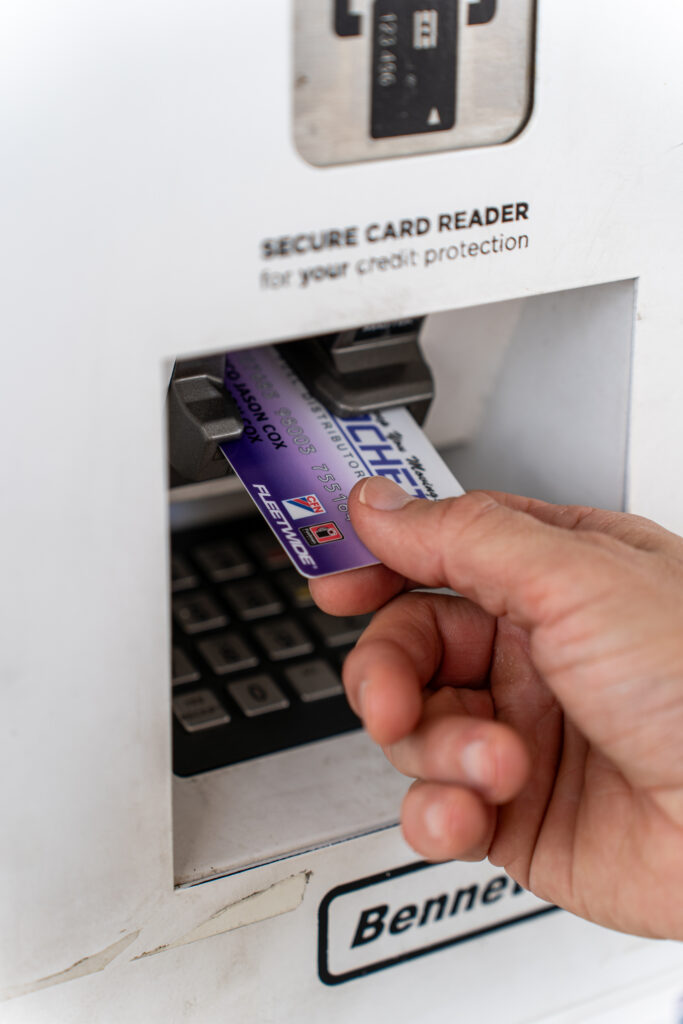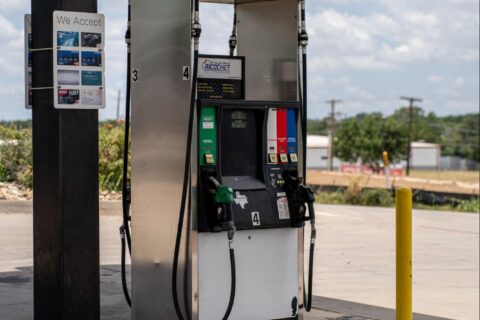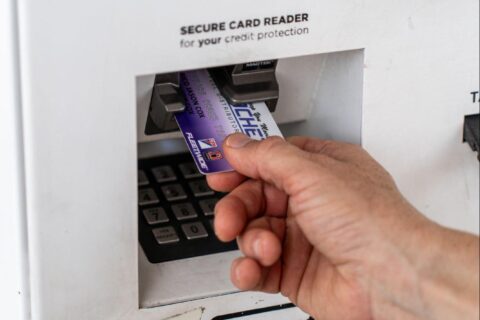How to Avoid Overcharges with Smart Fuel Card Management
For any organization that operates a vehicle fleet, fuel represents one of the largest and also one of most volatile costs. Effectively managing fuel costs is pivotal to a healthy bottom line. While many organizations have adopted Fuel cards to facilitate payment, simply issuing cards is not a full solution. Without prudent management, organizations can lose, even with Fuel cards, overcharging, misuse, and inefficient purchasing habits will still increase the cost of fuel without realizing it.
The principal way to extract true value from a fuel card program is through active and smart Fuel Card Management. Through the sophisticated control features present in a number of current card systems, you can begin the process of turning your fuel expenditure from a passive expense to a controlled, managed, and predictable element in your business. This document will take you through important strategies for avoiding overcharging while maximizing overall fuel savings.
What Are Fuel Fleet Cards and Why Are They Different?

Essentially, fuel fleet cards are payment cards used by employees to fill up fuel tanks in company vehicles and provide more than a typical business credit card. They provide more heft chiefly in their control and ability to capture useful data. Unlike a credit card that may allow a user to purchase anything, a fuel card is constrained to a very specific purchasing and reporting type card for every transaction. The transaction captures important data that can be good for informed business decisions: the driver, vehicle number, location, fuel grade, and the odometer as well.
Common Causes of Overcharges
If not properly monitored, a number of factors can contribute to overpaying your fuel budget.
- Unauthorized Non-Fuel Purchases: This is the most common issue. An employee may use their fuel card to obtain snacks, drinks, and other personal items from the gas station convenience store. These trivial purchases could add up to thousands of dollars over the course of a fleet’s lifecycle.
- Fueling Personal Vehicles: In some instances, a card may be used to fuel a personal vehicle either accidentally or intentionally. Without transaction-level monitoring, this form of abuse can go totally unnoticed.
- Poor Purchasing Behavior: Drivers may instead choose to refuel their vehicle at the most convenient but most expensive fuel station, instead of a better value in-network.
Steps to Bulletproof Your Fuel Card Program
The positive aspect is that all of these issues can be avoided. A contemporary fuel card system will provide you with the ability to eliminate overcharges.
- Implement Specific Purchase Controls: This is the single most effective method to control misuse. You have the opportunity to program your cards to deny any non-fuel purchases. You can also establish parameters on the amount of fuel spent per transaction, what time of day purchases can occur, and what days of the week the card can be used.
- Issue cards to drivers and/or vehicles: For maximum accountability, issue a card and corresponding PIN to each driver. This will ensure you know who is purchasing at all times. Issuing cards to specific vehicles is also a method to identify fuel economy and performance for their respective assets in your fleet.
- Use Online Reporting: Don’t wait for the end of the month. Use the online portal that comes with the fleet fuel management systems to monitor activity as it occurs. These power tools allow you to report suspicious transactions, track miles per gallon (MPG) for each vehicle, and analyze spending patterns for greater efficiency.
- Pick a Card with Lots of Locations: Make sure you partner with a provider that has many fueling locations, preferably across the country! By tapping into a broad network, your drivers will always be able to find in-network fueling stations nearby, thus removing the temptation for them to fuel at an out-of-network and more expensive fuel station.
- Select the Right Card for Your Needs: Not all programs are the same. A high-quality solution like the Ricochet Fuel card offers robust security features, detailed reporting, and the flexibility to meet the unique needs of your business.
Conclusion
Managing your fuel card program is more than just cutting costs, it’s about taking control of a critical segment of your operations. By implementing these strategies, you will eliminate waste, stop misuse, and convert your fuel spending into a known, optimally managed investment.
This level of control comes to the forefront with a reliable bulk fuel delivery program through a trusted partner like Ricochet Fuel Distributors, Inc. Ricochet has been providing full-service fueling programs to small and large-sized businesses throughout Texas and surrounding states for over 30 years, from on-site tank fuel supply to fuel card programs that are highly customized.
Contact Ricochet Fuel today to see how we can develop a customized fuel management solution that can contribute to your business’s future successes.


